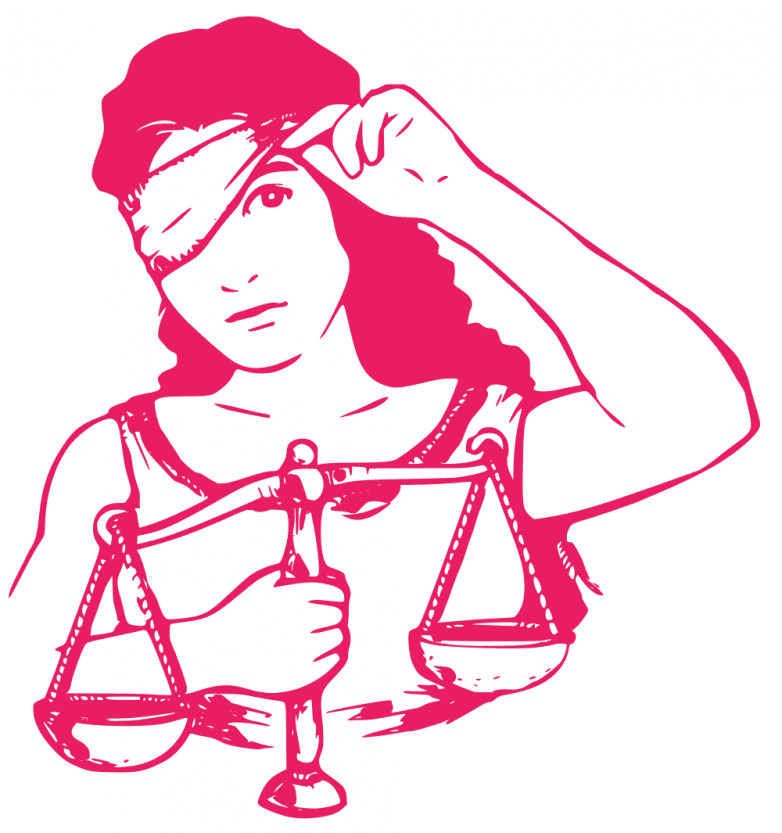“Let justice roll down like waters,” said the prophet Amos, “and righteousness like an ever-flowing stream” (Amos 5:24). Justice is an important theme of Scripture, so Christians can resonate with today’s calls for social justice. But there is a difference between the Biblical understanding of justice and that of many of today’s social justice activists.
So say Nathan Berkeley and Phil Rexroth in their article for RealClearReligion entitled The Critical Church? American Christianity and the Social Justice Temptation.
They draw on the work of Helen Pluckrose and James Lindsay, Cynical Theories (paid link), who contrast “social justice,” the concern for justice in society, with capital-letter “Social Justice,” which is a particular ideological theory that they describe as “applied post-modernism.”
Berkeley and Rexroth then contrast the Christian concept of justice with that of critical theory. Read the whole essay, but here is a sample:
Traditionally, Christianity has framed the idea of social justice in terms of specific instances of oppression or inequality brought about by unjust, and therefore sinful, actions. Those actions could occur at the purely individual level or be channeled through a range of institutions. They could ultimately be traced to identifiable oppressors who should and would be held responsible for their actions, whether in this life or the next. The role of individual Christians, and the Church corporately, was to identify injustice, to speak and work against it in their own lives and in the ministry of their churches, and, when applicable, in their broader political community. This understanding asserted a common humanity, with each person created in the image and likeness of God and recognized as a moral agent who will be judged by God on that individual basis because “all have sinned.”
Social Justice, by contrast, rejects the notion that justice occurs when exercises of moral agency, by individuals and the spectrum of human institutions, align with God’s intent for His creation. Rather, Social Justice utilizes various Critical Theories to engage in what Pluckrose and Lindsay refer to as applied postmodernism, which focuses on hidden structures of systemic power as the root cause of all societal injustice or inequality. Social Justice adherents thus concern themselves primarily with identifying and criticizing discourses, which are frames of language or knowledge that reinforce the structures used to oppress or marginalize those who are not members of the dominant identity group. Accordingly, the idea of a common humanity populated by individuals who derive their primary identity from their created-ness (“I am a person with these attributes”) is rejected in favor of a definition of identity as membership in a group or groups based on one’s attributes (“I am this/these attribute(s)”). . . .
When orthodox Christianity stipulates that “All humans are individual moral agents and will be held responsible for their own thoughts and actions,” Social Justice counters that “No individual has true agency; all human experiences and actions are subject to differential power structures that limit true freedom of thought and action.”
When agency is removed, from both the victimizer and the victim, neither one can do anything about the injustice. If both the oppressors and the oppressed are such because of their race, racism is inevitable. Either or both parties can decry the “system” that produces “systemic racism,” but changing that system is impossible, unless there is a way to step out of that system, by means of individual moral agency, which would seem to require a different theory, namely, the orthodox understanding of justice.
This does not mean that systems of injustice and other evils do not exist, or that human agency can overcome them all. There is more to the Christian view than comes out in this article. Sin, according to orthodox Christianity, is indeed a pervasive reality in this fallen world. Individuals can neither escape its consequences nor fully avoid committing sins–including injustice–themselves.
By God’s standards of justice, we all stand condemned, but when we realize this, we can also know God’s mercy, grace, and love. Which, through Christ, frees us to extend mercy, grace, and love to others, thus breaking the bondage.
Illustration: Unknown author / CC0 via Wikimedia Commons













